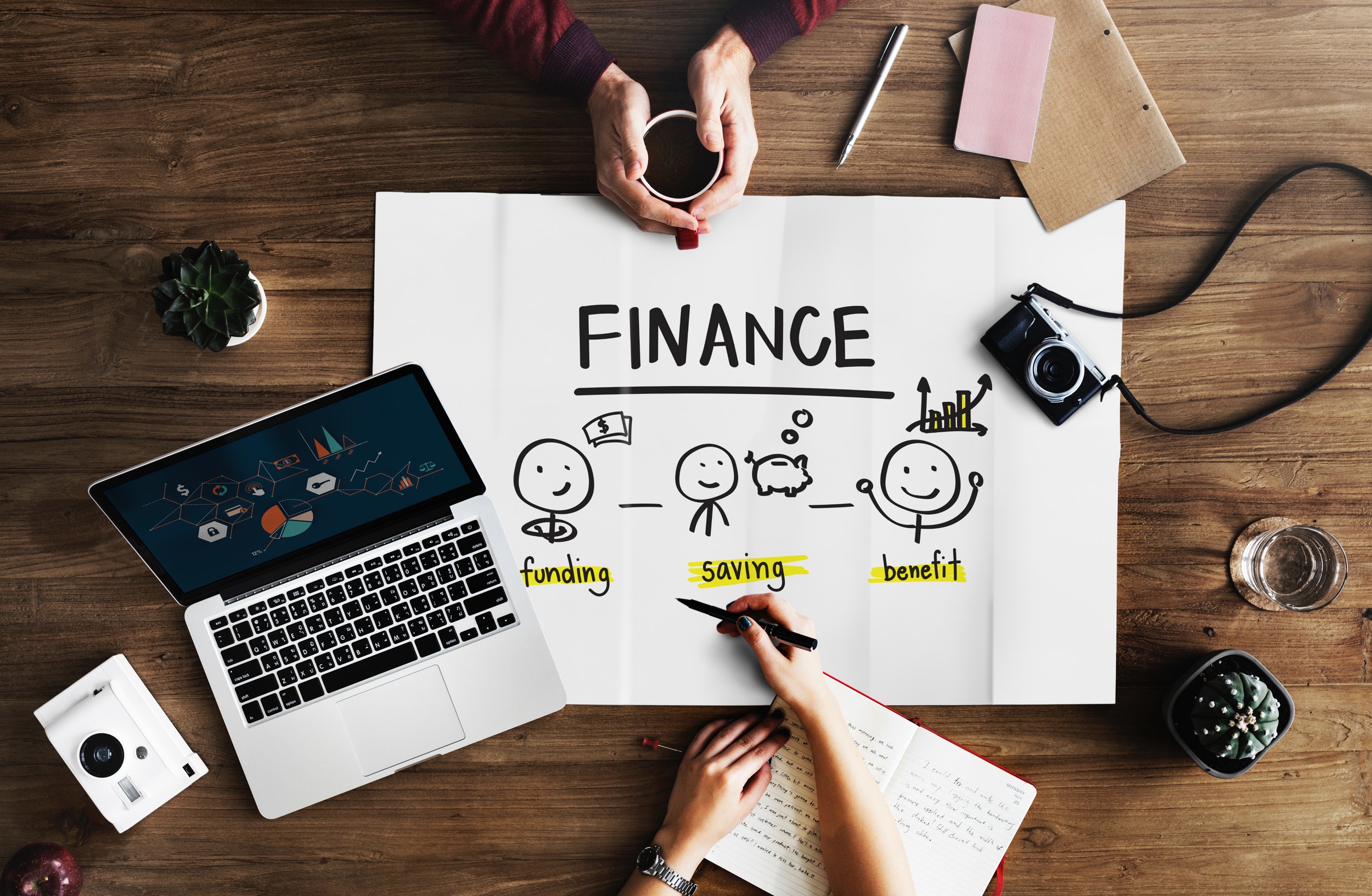Most of us would agree that it’s vital to set goals and make plans to achieve them. People do it all the time. For instance:
- Goal: ‘Lose 5kg’
Plan: ‘Eat less and exercise more’
But financial goals, which are the life-changing goals of all, are often put on the back burner. Retiring early, setting up a business, or building an investment portfolio worth millions can all seem a bit too hard. You should prepare long-term goals that can help you to achieve your objectives. However, it’s not! With a bit of understanding and help, financial goals can be set, plans can be put into place, and the desired nest egg can be achieved. Here are a few long-term goals worth setting:
1. Having an Emergency Fund for The Rainy Days :
Life can bring economic uncertainty to many, and even for the financially secure, life happens, in the form of domestic catastrophes, medical bills, and other unplanned expenses. Therefore, it’s vital to have an emergency fund that can offer peace of mind and financial relief in such untoward situations. As a general rule, it’s good to have an emergency fund that would cover three to six months of your living expenses. So, calculate and know how much you need and set aside a certain amount from your paycheck every month. Over the years, this fund will grow, which you can use in case of an unexpected event, or when you are in financial strain.
2. Ditching Debts and Dues for Good :
Being in debt can be a stressful experience for anyone, and no matter what your circumstance is, if you have a loan, you are obligated to pay it back. Even if you have life-altering experiences like getting into an accident, losing your job, or increased expenses due to having a child.
Hence, repaying the outstanding debt and clearing of all dues is important, especially to know where you stand with respect to money matters. A simple way to clear your debts is to develop a budget that tracks your income and expenses. This will help know whether you have money left over, called the surplus. The goal is to increase the surplus and use it to pay down your debt.
3. Building Your Retirement Fund :
Although retirement may feel like a million years away, it doesn’t matter – now is the time to plan for your retirement. Investing and saving is a critical part of leading a financially independent life post-retirement. The good news is, investing even a small amount each month will pay off later in life.
Along these lines, decide what you will need during your golden years – expenses like healthcare, household costs, and additional leisure expenses. Once you know your needs, find a suitable retirement plan which can cater to those. Put simply, save, invest, and ensure yourself as a fallback option for your future.
4. Funding Your Child’s Higher Education :
Your child’s dreams can become a reality when you support him or her, emotionally and financially. Quality education should be on your and your child’s wish list. Setting up an investment plan that can help with the higher education of your child is a good idea. To do so, find a reliable child education plan that can help you create a substantial corpus for your child’s education and future needs.
5. Expanding Assets for Your Family :
Other than making arrangements for expenses, it is essential to create a secure base of wealth for your loved ones so that you can support them and maintain the lifestyle you have now. Investment in unit-linked insurance plans (ULIPs)is a good way to achieve financial growth as well as protect your family’s future in your absence. ULIPs enable you to make significant returns with a relatively low investment every month, while also offering insurance protection to you. Other benefits of unit-linked insurance plans are:
- Flexibility to choose your fund option- equity, debt or balanced
- Encourages goal-based saving for child education, retirement etc.
- The top-up facility gives the flexibility to change your premium amount
- You can opt for riders like Critical Illness and Accidental Death benefit
- You get ULIP tax benefits under Section 80C and Section 80D
It’s never too late to get started. Pick one or all the financial goals listed above and start setting yourself up for your secure future.
Read Also :






















